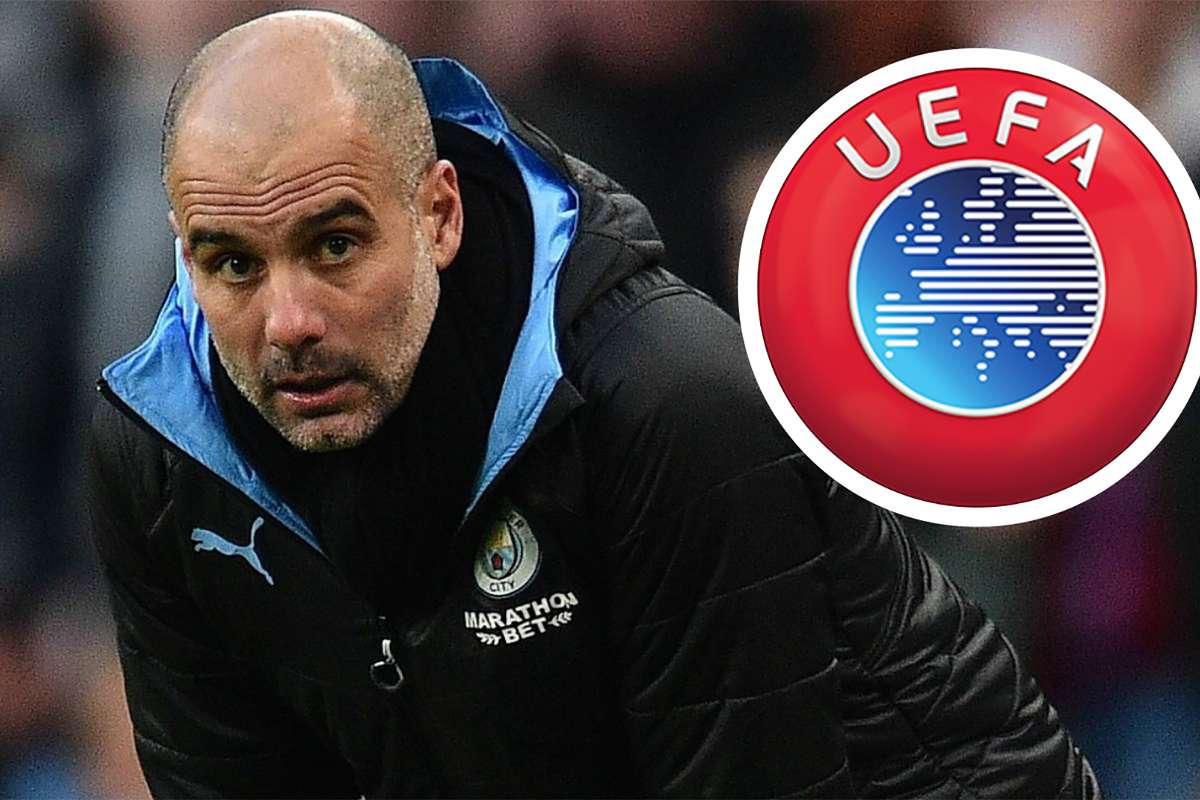The old adage that ‘crime pays’ should perhaps have an addendum applied in the case of Manchester City; ‘Crime pays. As long as it was five years ago.’ The Court of Arbitration for Sport’s decision to overturn UEFA’s two-year Champions League ban for City is a seismic moment in football, whose ripples may create waves that could drown the game as we know it. Much discussion has been focused on a rather parochial level; how Kevin de Bruyne will now stay at City, talks of Pep’s £150 million summer war chest – which in modern footballing terms means the ability to buy one whole player and the legs of another. The ruling is obviously momentous for City – there will be no exodus of player’s, the potential £400 million a year loss in revenue that missing Champions League brings and the air financial skulduggery that has always wafted from them is, in an official sense at least, reduced. But let’s focus on the wider implications – what the ruling means for FFP, the pyramid and the Age of the Super Club.
Financial Fair Play was introduced in 2011 in attempt to quell the exponential debt escalation that threatened the long-term future of many clubs. When it was introduced, 50% clubs in Europe’s major leagues were losing money. The total collected debt of the Premier League teams in 2011 was £3.1 billion. FFP on a very basic level attempts to stop clubs from doing the football equivalent of being in the pub at 1am and closing your eyes while withdrawing money to get another round in. Don’t spend more than you earn, basically. It has, in affect, worked – in 2017 the teams in the top five leagues recorded an overall profit for the first time in history. Prior to the Man City ruling, it seemed hard to imagine football returning Wild West of the early-2000’s when clubs like Chelsea, drunk on oligarch riches, spent money like they were a Football Manager cheat code.
Now though, there is a sense that anything goes again. The rules of FFP have not changed but their legitimacy has been struck a very tough blow. A club that was found to have breached the rules in 2014 and obstructed an investigation, have effectively been given zero punishment. Yes, they have been fined €10 million but for reaching the group stages of next season’s Champions League (which City already have) they will receive €15,250,000 in prize money. That’s before they play a single game. Laws are there for deterrent as much as they are for punishment or justice and the ruling in favour of Man City gives the impression that as long you are not caught for five years, you can break the rules and block investigations without any need to fear reprisal.
Where does this leave football? Michael Calvin is arguing that this is the first major step towards a European Super League the game has been top-toeing towards for the last ten years. Miguel Delaney in his big piece for The Independent earlier this year stated mournfully that a Super League might be the only solution for football’s intractable inequalities. Does the CAS ruling move this process, that at once seems unimaginable and inevitable, closer to fruition? Well, if the Super Club’s feel a carte blanche to act and spend as they wish, the already unbreachable gulf between the top and everyone else will continue to grow at a cosmological rate. The CAS ruling accelerates this growth simply because UEFA’s ability to control the teams in their own competition lies in tatters. As the ability to win trophies becomes calcified between an ever smaller number of teams, football might become so relentlessly skewed, we could get to the point where everyone says; ‘have your Super League. I hope El Dorado isn’t the disappointment it usually is.’
Spare Kit:
- Are this year’s FA Cup semi-finals the most uninteresting ever? Four teams from the top six and year 18 out of 20 this century in which a team from that six will win it.
- Norwich have been relegated. It’s been argued they are the best side to have ever finish bottom of the Premier League, on account of their progressive style but despite losing 26 times. I’m sure Sean Dyche is shaking his head with resignation as he celebrates another top-10 finish.
- Typical Leicester. First City in back into lockdown and on the verge of one of the most embarrassing collapses in Premier League history. They need to win all their remaining games to guarantee a Champions League place having been 14 points clear of Man United in 5th. It’s the hope that gets you.




